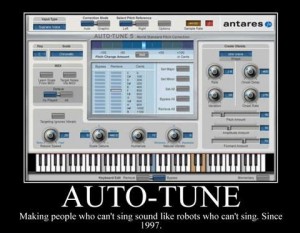The United Nations, with full funding from it’s various participating nations, would be woefully inept when it comes to answering for the needs of business-minded individuals in small, impoverished nations.
Theoretically, a fully funded UN could supply security, emergency food and water rations to every man, woman and child, and yet would be unable to give these men, women and children the skill set and abilities to give back to their community.
So we see a large gap between people in impoverished countries, who have the will to succeed, and yet lack the knowledge tool kit to do so, that would end up essentially wasting the valuable charity given money.
Now, even if a fully funded United Nations could give enough capital to every individual government so that each nation could fund it’s own socially minded programs fully, there would still be inefficiency and waste. Governments and the United Nations set forth lofty goals that, though well intentioned, are far too generalized to really be effective on a “boots on the ground” grassroots level. Also, government welfare and such systems take far to much time to reach everyone in need of their respective services and are hence behind the game.
The Arc Initiative, and social entrepreneurial missions similar to the Arc, attack a problem at the grassroots level by sending in experienced individuals willing to share their knowledge with entrepreneurs in developing countries, essentially giving them the tools they need to succeed with the charity given by the United Nations and their respective government agencies.
I’m all for lofty goals and lovely speeches, but I think that it would faster and more efficient to keep the talking to a minimum and use all that extra time helping at a hands-on level.





